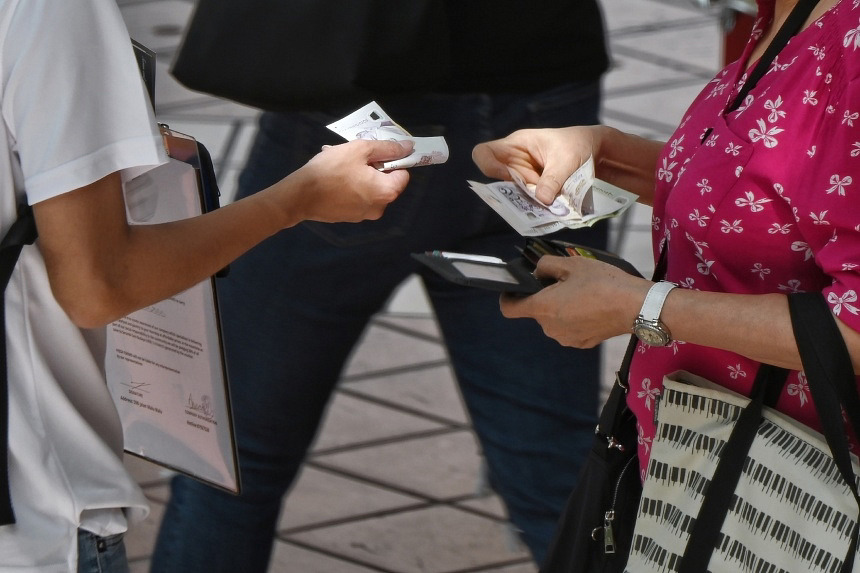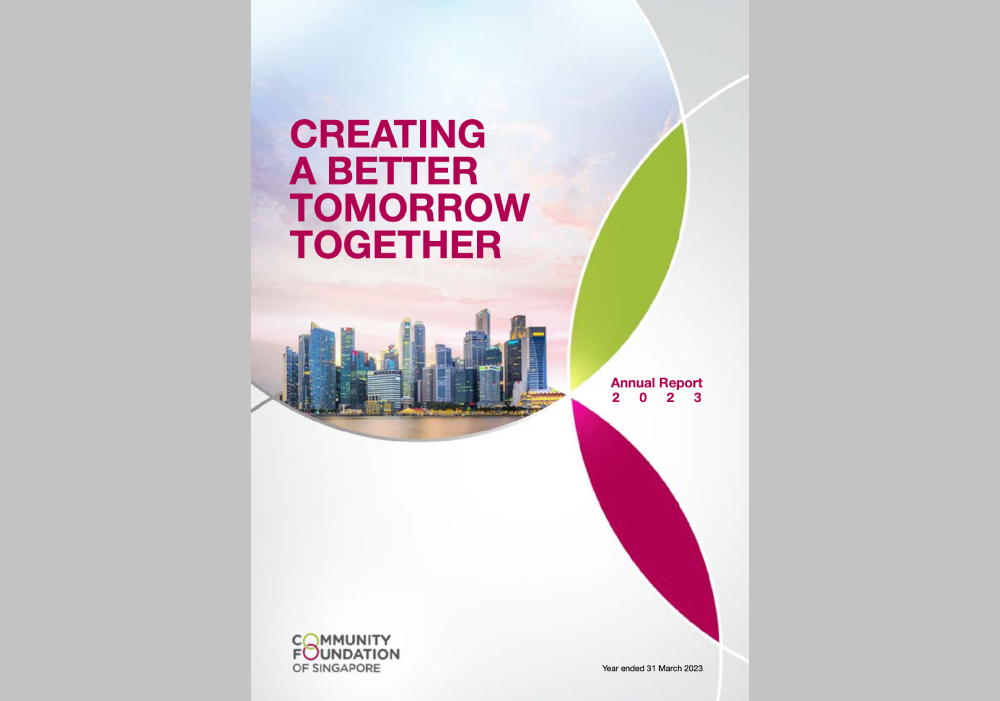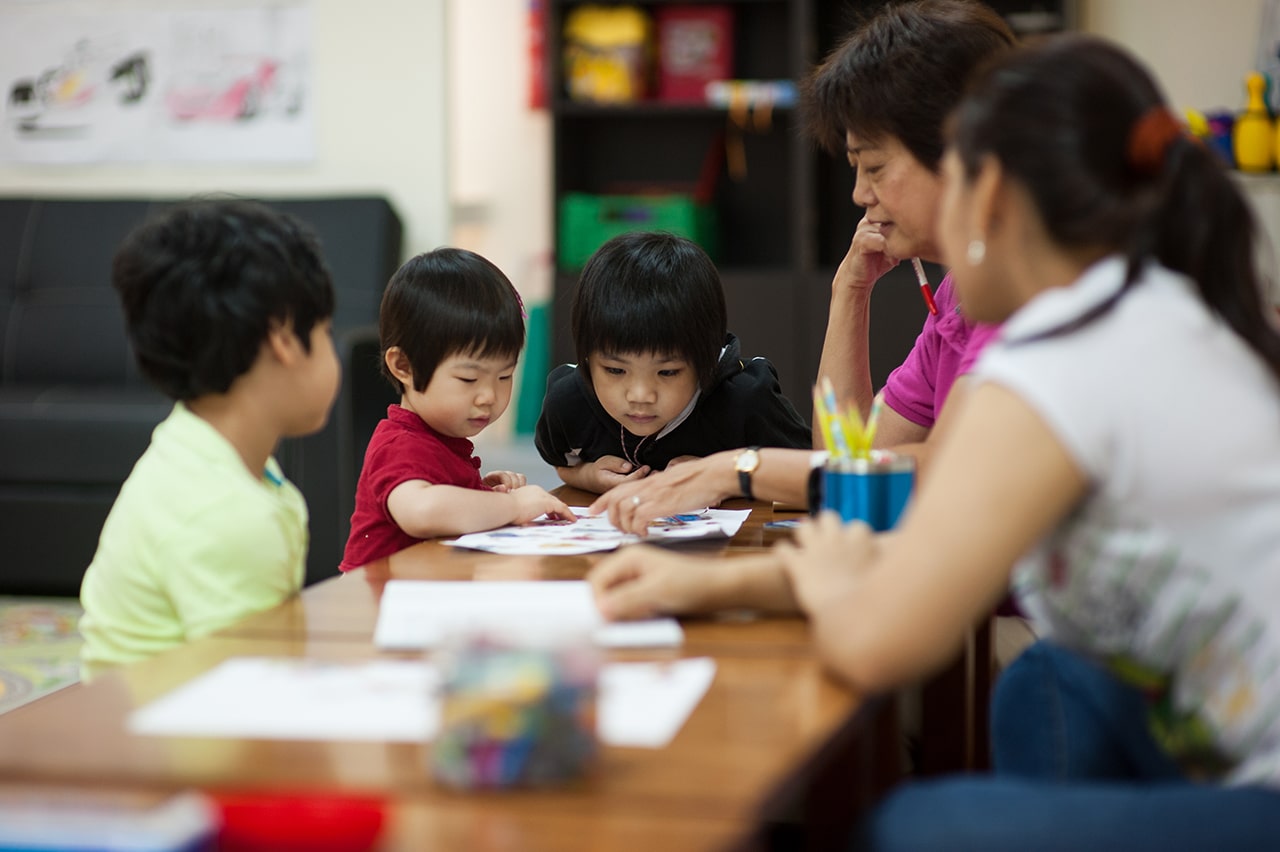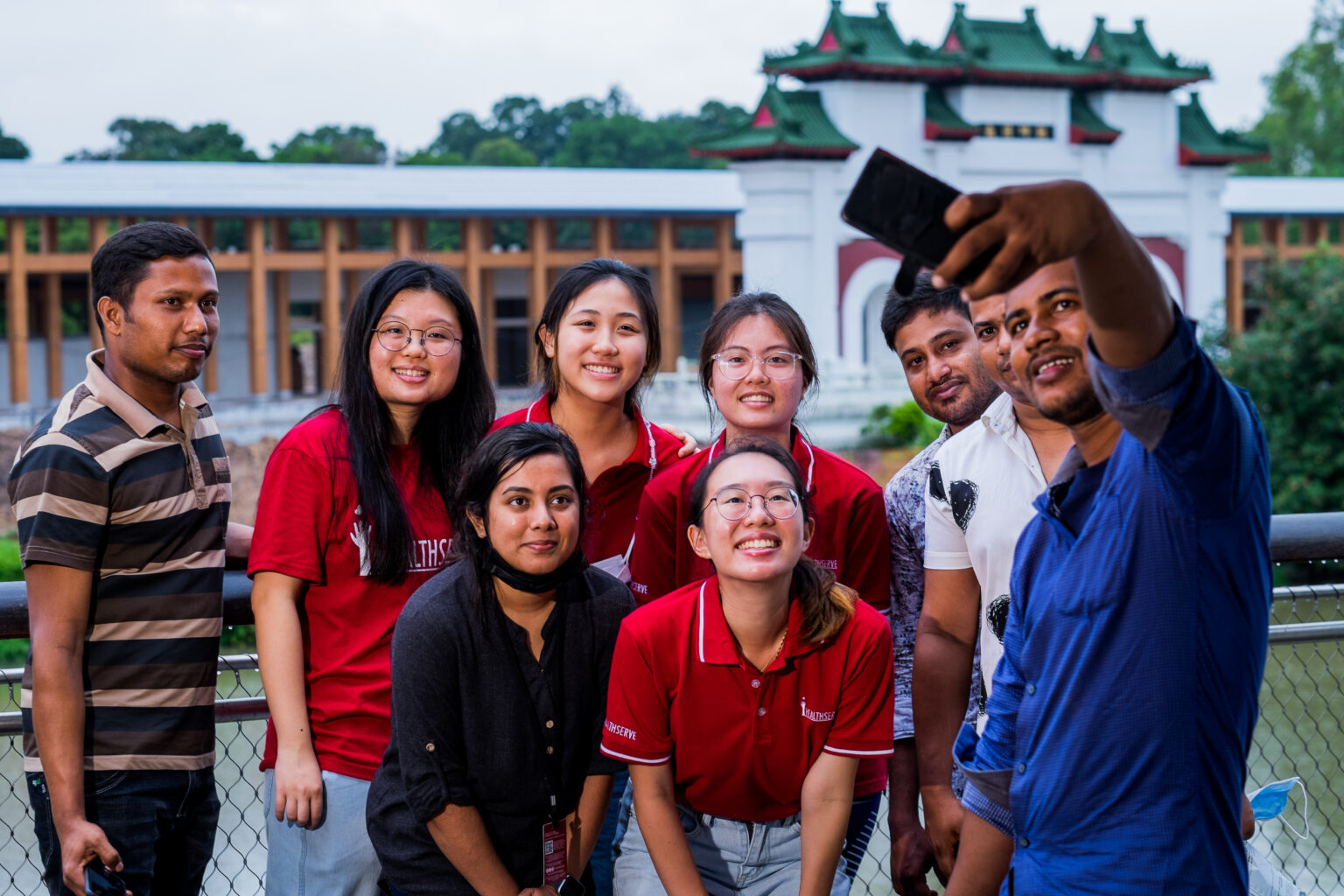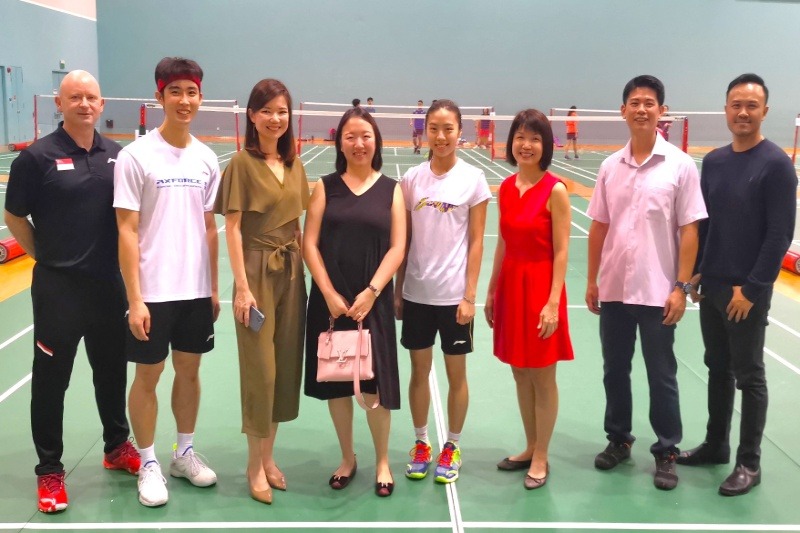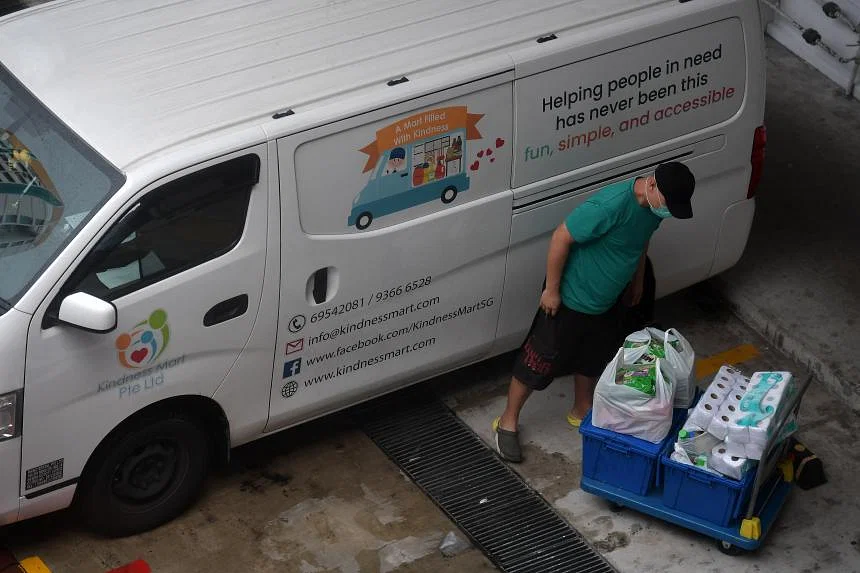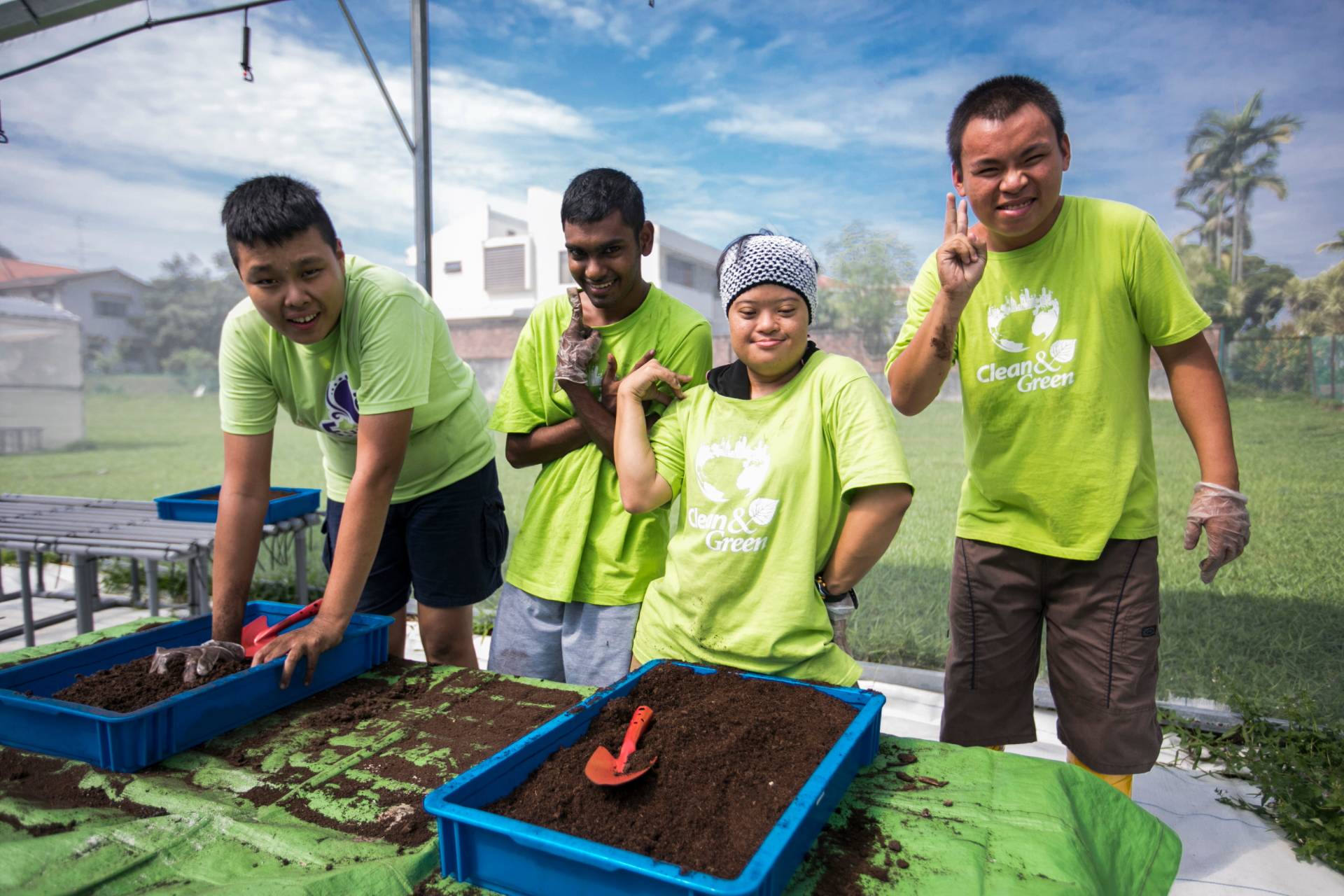Opinion
How philanthropy can help tackle gender-based online harms

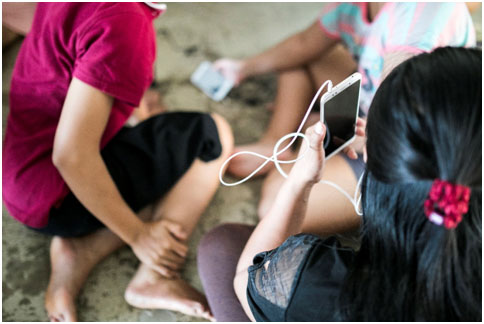
Technology and the Internet have made our lives better in many ways. But they are also facilitating an alarming increase in online abuse, particularly of young women. There is upskirting, where the perpetrator takes intrusive photos or videos up someone’s skirt without their permission. There is revenge porn, where explicit photos or videos of a person are posted on the Internet, typically by a former sexual partner.
With the ubiquity of social media, there is flaming (insulting someone with offensive language), doxxing (revealing private information), and cyberstalking. And on encrypted direct messaging platforms, victims are being threatened with violence. As actress Ashley Judd noted in a powerful TEDTalk in 2016, the online abuse of women has spiralled out of control (Judd, 2016).
In Singapore, a poll conducted in January 2022 by the Sunlight Alliance of Action (AfA), a public-private-people partnership to tackle online harms, found that close to half of the 1,000 respondents polled have personally experienced one or more types of online harms (MCI, 2022). Most of those who faced gender-based cyber abuse were between 15 to 35 years. With young girls, there is the added danger of sexual grooming.
Yet, women do not always come forward to seek freedom from online harm. One reason is a lack of knowledge about recourse. Another revolves around the gendered myths that direct blame towards the victim, writes academic Laura Vitis in Technology-Facilitated Violence Against Women in Singapore: Key Considerations (Vitis, 2021).
What can be done? This is a problem that requires a whole-of-society effort. It needs awareness, advocacy, education, as well as enhancements in regulatory response, law enforcement and social services support. We can start by talking about what constitutes technology-facilitated sexual violence. Reinforce the message that image-based sexual abuse, camera sexual voyeurism and coerced sex-based communication are offences. Urge tech companies to make their services safer by removing offending images or gendered invective.
On July 13, the Ministry of Communications and Information launched a public consultation on a Code of Practice for Online Safety (Reach, 2022). This will require social media services with significant reach or impact to have system-wide processes to mitigate exposure to harmful online content for Singapore-based users, including those below the age of 18.
Aside from this, we need to empower women to protect themselves against online abuse. Let them know how to record evidence and who to contact for support. These include the government’s 24-hour National Anti-Violence Helpline, AWARE’s Sexual Assault Care Centre, and TOUCH Cyber Wellness. There is also Solid Ground, a volunteer-run project that provides step-by-step guides for those facing online abuse.
More recently, in April 2022, a new non profit was formed to empower, assist and support women and girls facing gender-based harm. SG Her Empowerment Limited (SHE) was born out of the work of Sunlight AfA and is chaired by Stefanie Yuen Thio, a member of Sunlight AfA. Stefanie is also a managing partner at TSMP Law Corporation and a board member at the Community Foundation of Singapore (CFS).
The new charity plans to work with technology platforms to streamline reporting procedures and expedite takedowns. It will also liaise with the Law Society Pro Bono Services Office to provide legal clinics and pro bono legal services to those coming to the newly set up Victims’ Support Centre. SHE also hopes to work with the police to provide more holistic and empathetic support to the victims.
“This is an urgent and underserved need in our community,” says Stefanie. “Philanthropy can be a powerful driver and partner in our collaborative, public-private effort to combat online harm. This is a scourge that needs more than government regulation; it requires a whole-of-community response, from setting right mindsets, to calling out offending behaviours, to taking up the cause of victims,” she adds.
In addition to tackling online harms, and in light of the recommendations from the Singapore Government’s White Paper on Women’s Development released earlier this year, SHE will also be rolling out more programmes to support women and girls generally, hoping to work with both men and women to advance and equip the gender.
As a cause-neutral advisor, CFS works with a number of charities and initiatives that raise awareness about gender injustices and provide access to justice for victims of gender abuse, including online harm. If you would like to find out more about supporting these causes or for more information on the work we do, please go to www.cf.org.sg/grants/what-we-support/.
This article was written by Sunita Sue Leng, a former financial analyst and journalist who believes that the written word can be a force for good. She hopes to someday write something worth plagiarising.
Disclaimer: The opinions expressed in this publication are those of the author. They do not purport to reflect the opinions or views of CFS or its members.
References
Association of Women for Action and Research. (20 April 2022). Image-based sexual abuse featured in 7 in 10 cases of technology-facilitated sexual violence seen by AWARE in 2021.
https://www.aware.org.sg/2022/04/image-based-sexual-abuse-featured-in-7-in-10-cases-of-technology-facilitated-sexual-violence-seen-by-aware-in-2021/
Judd, Ashley. (2016). How online abuse of women has spiraled out of control. TED Talk. https://www.ted.com/talks/ashley_judd_how_online_abuse_of_women_has_spiraled_out_of_control/transcript
Ministry of Communications and Information. (25 March 2022). Sunlight AfA Releases Topline Findings from Poll on Online Harms at Webinar.
https://www.mci.gov.sg/pressroom/news-and-stories/pressroom/2022/3/sunlight-afa-releases-topline-findings-from-poll-on-online-harms-at-webinar
Reach. (2022). Public Consultation on enhancing online safety for users in Singapore.
https://www.reach.gov.sg/Participate/Public-Consultation/Ministry-of-Communications-and-Information/public-consultation-on-enhancing-online-safety-for-users-in-singapore
Today. (13 July 2022). Singapore lays out proposals to shield young social media users from harmful content; seeks public feedback. https://www.todayonline.com/singapore/singapore-lays-out-proposals-shield-young-social-media-users-harmful-content-seeks-public-feedback-1942991?cid=braze-tdy_Today-Morning-Brief_newsletter_14072022_tdy%0A%0A
TSMP Law Corporation. (25 April 2022). SG Her Empowerment Limited (SHE).
https://www.tsmplaw.com/news/sg-her-empowerment-limited-she/
Vitis, Laura. (2021). Technology-Facilitated Violence Against Women in Singapore: Key Considerations. Emerald Publishing Limited. https://www.emerald.com/insight/content/doi/10.1108/978-1-83982-848-520211031/full/pdf
- Related Topics For You: CHARITY STORIES, INCLUSIVITY & INTEGRATION, OPINION, YOUTH
Trending Stories


Karim Family Foundation: Donor-Advised Fund Raises $200,000 to Support Local Sports Champion Loh Kean Yew
Karim Family Foundation: Donor-Advised Fund Raises $200,000 to Support Local Sports Champion Loh Kean Yew
In December 2021, 24-year-old Loh Kean Yew became the first Singaporean to win the Badminton...
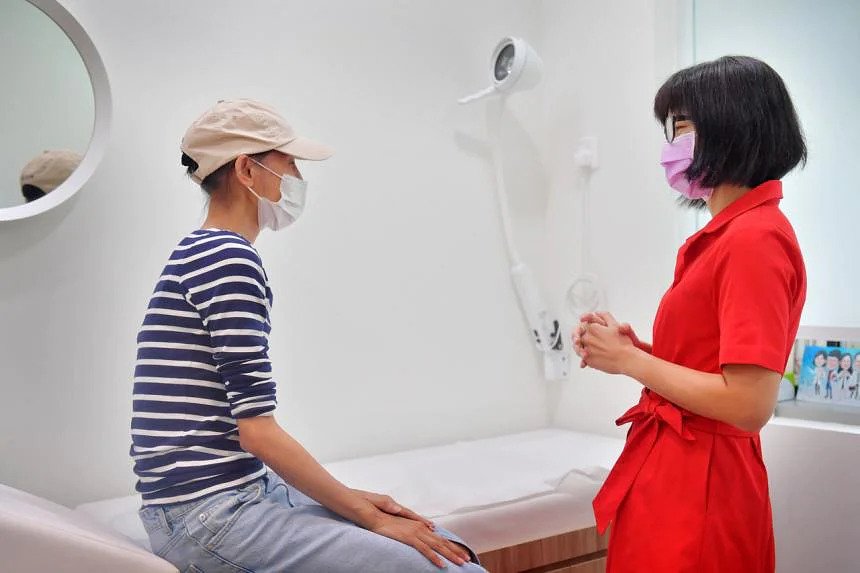

‘I thought I couldn’t go through any more of it’: Cancer patient gets help after insurer says ‘no’ to $33k bill
‘I thought I couldn’t go through any more of it’: Cancer patient gets help after insurer says ‘no’ to $33k bill
Good Samaritans have stepped forward to help a cancer patient, who hopes to spend more...

